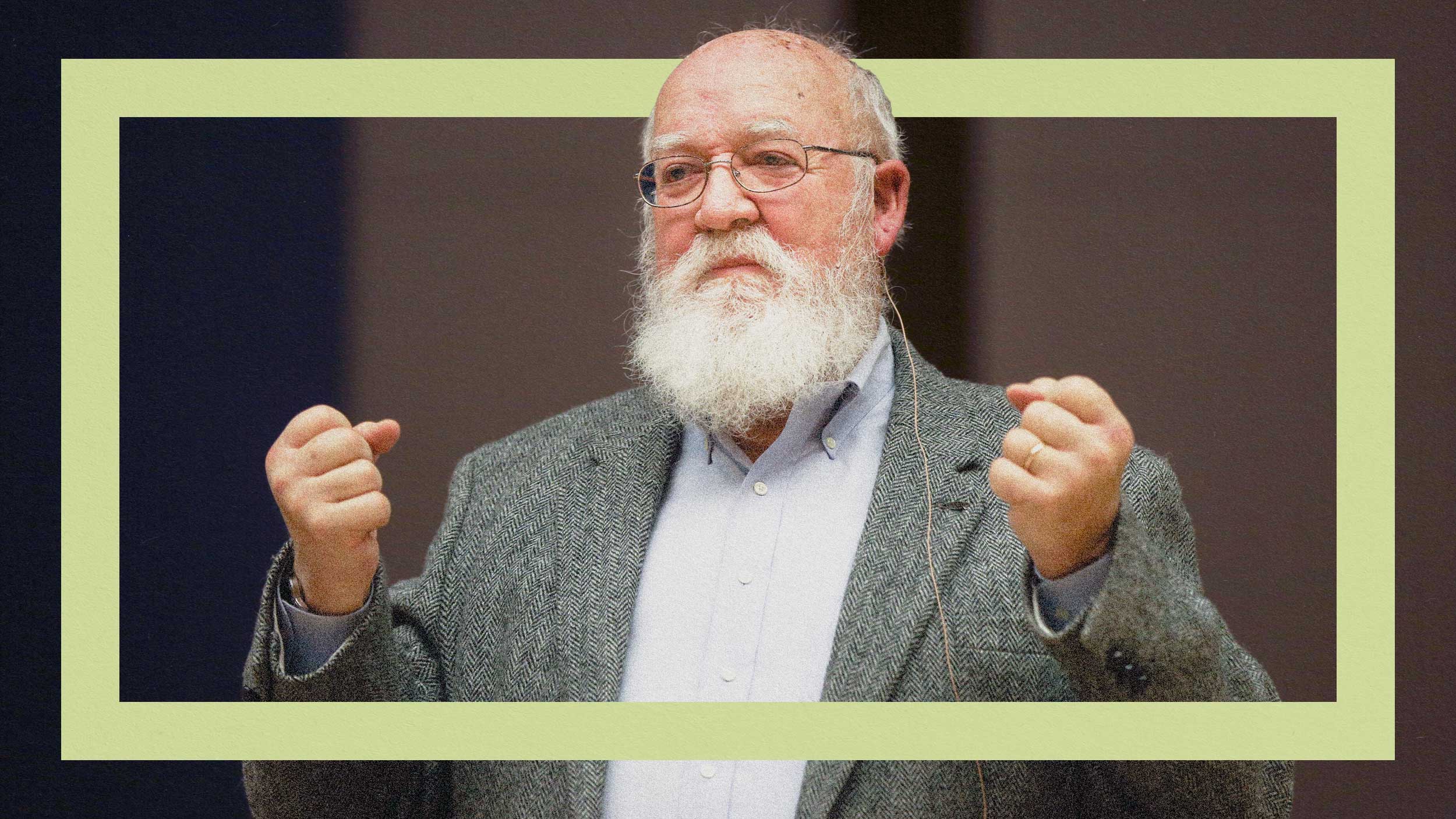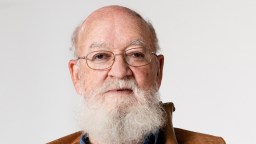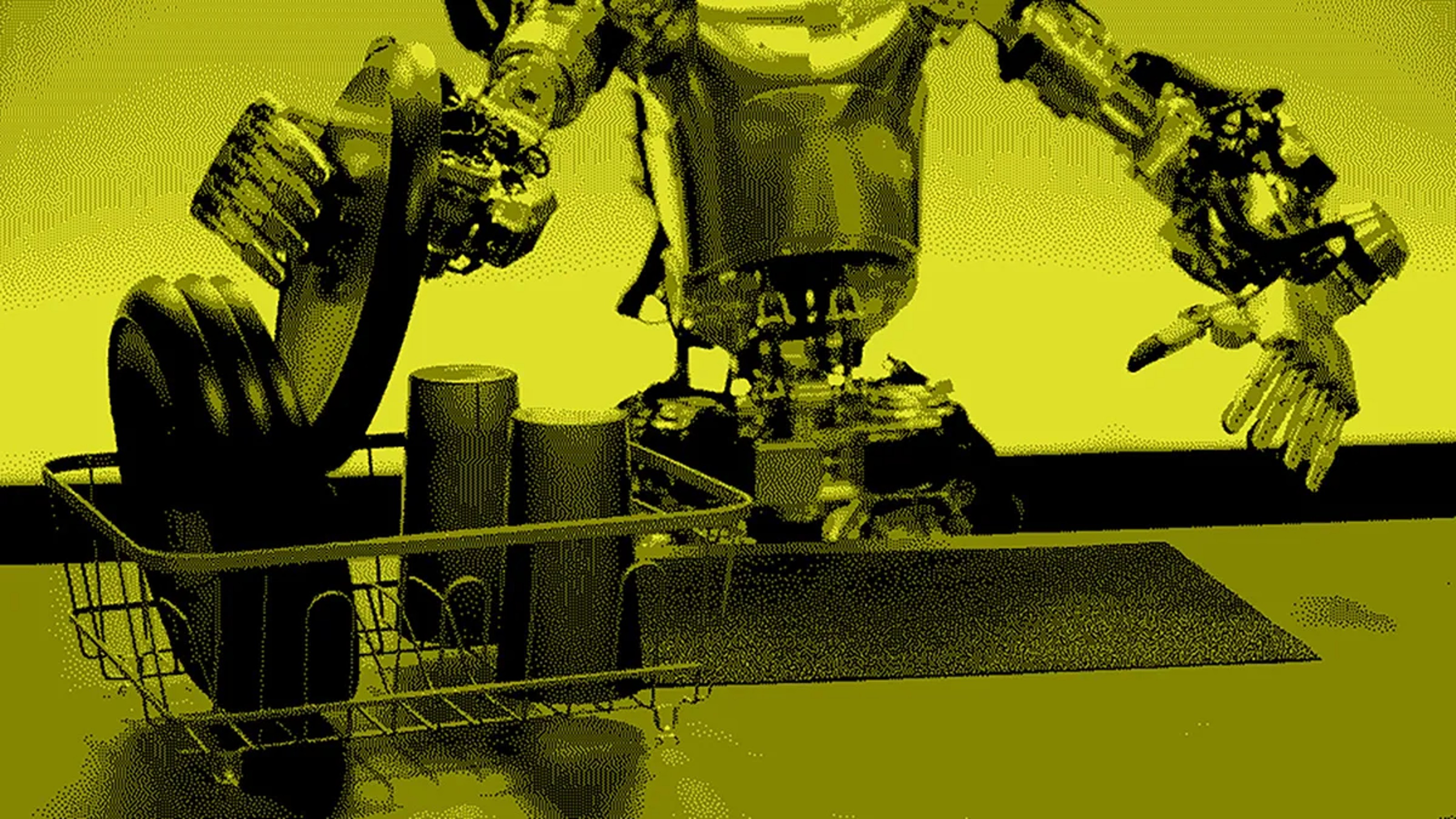Question: Are you an advocate of furthering AI research?
Daniel Dennett: I think that it’s been a wonderful field and has a great future, and some of the directions are less interesting to me and less important theoretically, I think, than others. I don’t think it needs a champion. There’s plenty of drive to pursue this research in different ways.
What I don’t think it’s going to happen and I don’t think it’s important to try to make it happen; I don’t think we’re going to have a really conscious humanoid agents anytime in the foreseeable future. And I think there’s not only no good reason to try to make such agents, but there’s some pretty good reasons not to try. Now, that might seem to contradict the fact that I work on a Cog project with MIT, which was of course is an attempt to create a humanoid agent, cogent, cog, and to implement the multiple drafts model of consciousness; my model of consciousness on it.
We sort of knew we weren’t going to succeed, but we're going to learn a lot about what had to go in there. And that’s what made it interesting; is that we could see by working on an actual project, what’s some of the really most demanding contingencies and requirements and dependencies were.
It’s proof of concept. You want to see what works but then you don’t have to actually do the whole thing.
I compare this to; imagine the task of robotics, of designing and building a robotic bird which could fly around and you know, weigh three or four ounces, could fly around the room, could catch flies, and land on a twig.
Is it possible in principle to make such a robotic bird? I think possible in principle.
What would it cost? Oh much more than sending people to the moon. It will dwarf the Manhattan Project. It would be a huge effort and we wouldn’t learn that much.
We can learn by doing the parts, by understanding bird flight and bird navigation, we can do that without ever putting it all together, which would be a colossal expense and not worth it.
There’s plenty of birds, we don’t need that, we don’t need to make any and we can make quasi birds. In fact, they are making little tiny robots surveillance flying things, they don’t perfectly mimic birds, they don’t have to. And that’s the way as I should go as well.
Recorded on Mar 6, 2009.






